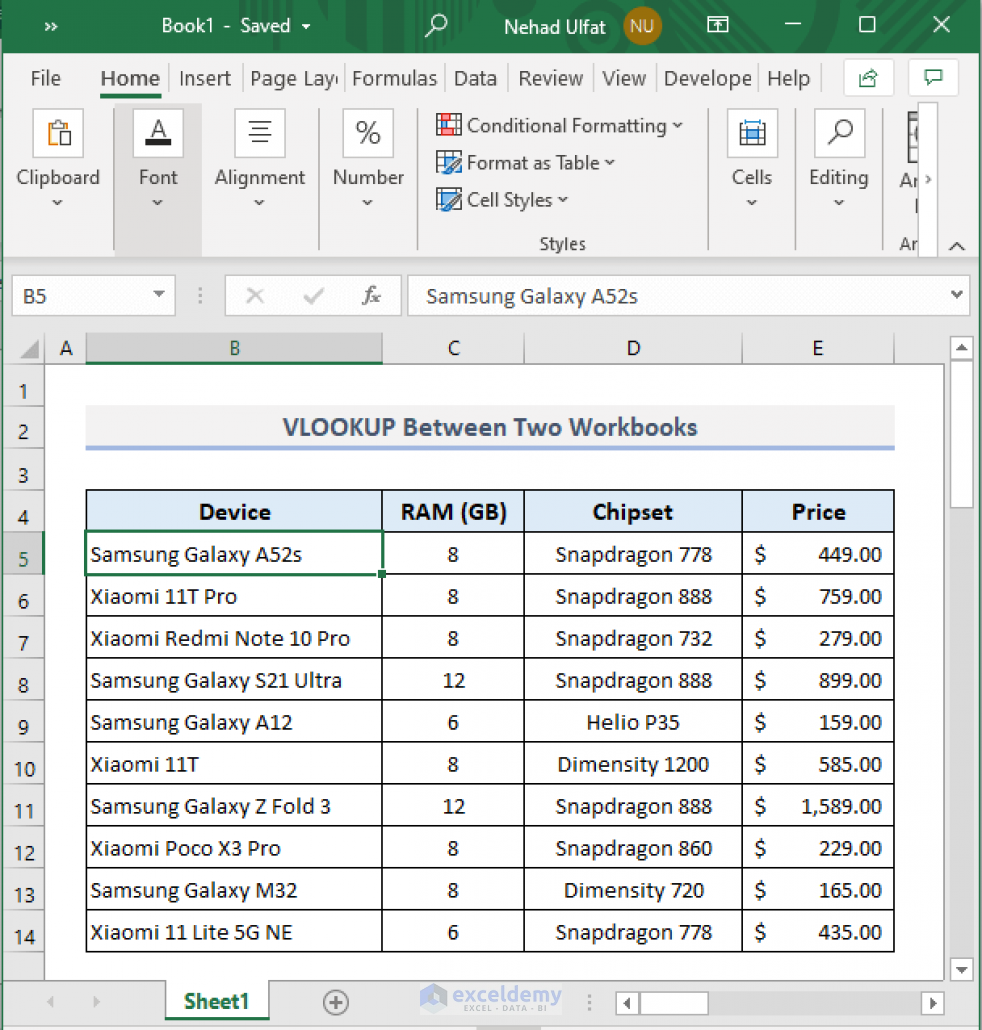401k Home Loan: Paperwork Essentials Explained

Setting up a 401k home loan involves navigating through a maze of paperwork, and understanding these documents is crucial for a smooth process. Whether you're taking advantage of your employer's plan or seeking alternative ways to finance your home, having a solid grasp of the paperwork involved will save you time and reduce the risk of errors. This article will walk you through the essential documents you'll encounter when borrowing from your 401k for home buying, detailing their purpose and how to handle them.
Loan Application Form

Your 401k home loan journey starts with filling out the loan application form. This document collects basic information about you and details about the loan:
- Personal Information: Your full name, address, social security number, and employment details.
- Loan Details: The amount you wish to borrow, repayment terms, and expected date of disbursement.
- Plan Details: Information regarding your 401k plan, including plan name, and confirmation of your eligibility.
Ensure all information is accurate and complete, as any discrepancies can delay the approval process.
Plan Summary and Participant Loan Policy

Before you sign any documents, review the plan summary provided by your 401k plan administrator. This document outlines:
- Loan Limits: How much you can borrow, often up to 50% of your vested account balance or $50,000, whichever is less.
- Repayment Terms: Interest rates, minimum monthly payments, and the maximum loan term.
- Restrictions: Conditions under which loans must be repaid, such as leaving your job or defaulting on repayment.
Pay special attention to the participant loan policy, which includes:
- Loan processing fees.
- How the loan affects your retirement savings.
- Whether the loan is available for purchasing your primary residence, a second home, or for home improvements.
Loan Agreement

The loan agreement is a binding contract that outlines your responsibility to repay the borrowed funds. Here are key points to note:
- Terms of Loan: Interest rate, repayment schedule, and any fees or penalties for late payments or early repayment.
- Repayment: How the loan will be repaid, typically through payroll deductions.
- Collateral: Although your 401k funds serve as collateral, understand how this impacts your retirement savings.
Spousal Consent

If you're married, your 401k home loan might require spousal consent:
- This form ensures your spouse acknowledges and agrees to the loan, protecting their potential rights to the funds in case of your passing.
- Some plans might waive this requirement under specific conditions or have different requirements for state community property laws.
Proof of Purchase or Agreement

Your plan might require documentation to prove the funds are being used for a home purchase:
- Home Purchase Agreement: A contract or proof of the intention to purchase a home.
- Escrow Instructions: If the funds are going into an escrow account, a copy of the escrow instructions showing the funds' intended use.
- Receipts: Proof of payment for home purchase or home improvement work.
Retirement Plan Disclosures

Your plan might provide specific retirement plan disclosures related to the loan:
- Effect on your vested balance.
- Investment impact on your 401k if the loan reduces contributions or causes missed opportunities for growth.
- Any changes in your retirement plan benefits or rights as a result of taking a loan.
💡 Note: Ensure you understand the long-term implications of borrowing from your 401k, as it affects your retirement savings and future financial stability.
Once you have a comprehensive understanding of these essential documents, you'll be well-equipped to proceed with your 401k home loan. This preparation ensures the process goes smoothly, minimizing the risk of issues during the loan approval phase and protecting your financial future. Whether this is your first home or an investment property, being well-informed about the paperwork essentials ensures you can make decisions with confidence.
Can I borrow from my 401k for any type of home purchase?

+
While most plans allow borrowing for primary residence purchases or improvements, some might have restrictions on secondary homes or investment properties.
What happens if I can’t repay the loan?

+
Defaulting on a 401k loan can lead to it being treated as a distribution, incurring taxes and penalties if you’re under 59½. If you change jobs, you might need to repay the loan immediately or face these penalties.
Do I need a good credit score for a 401k home loan?

+
Typically, your credit score isn’t a factor because you’re borrowing against your own retirement savings. However, your plan might have specific creditworthiness criteria.



